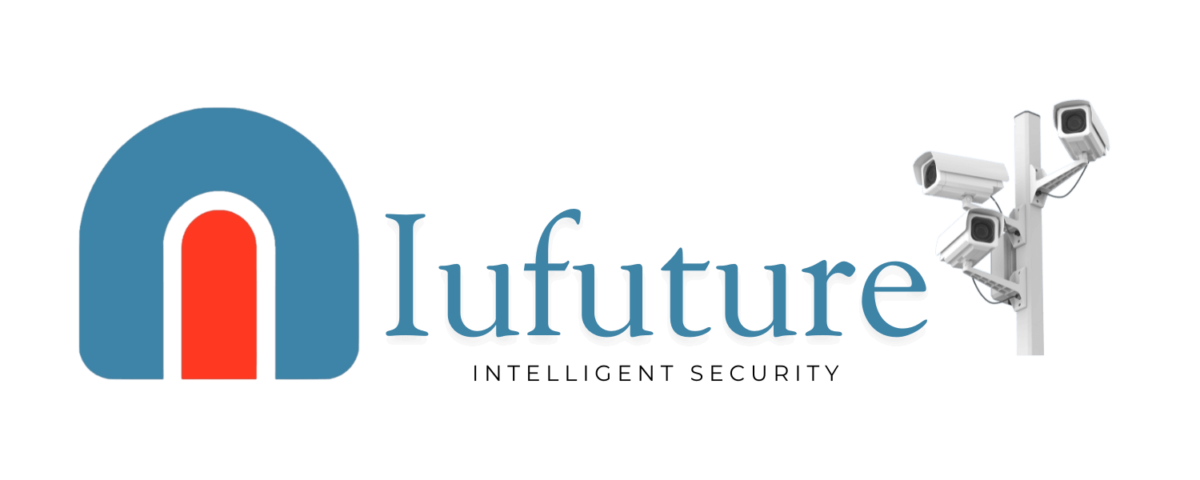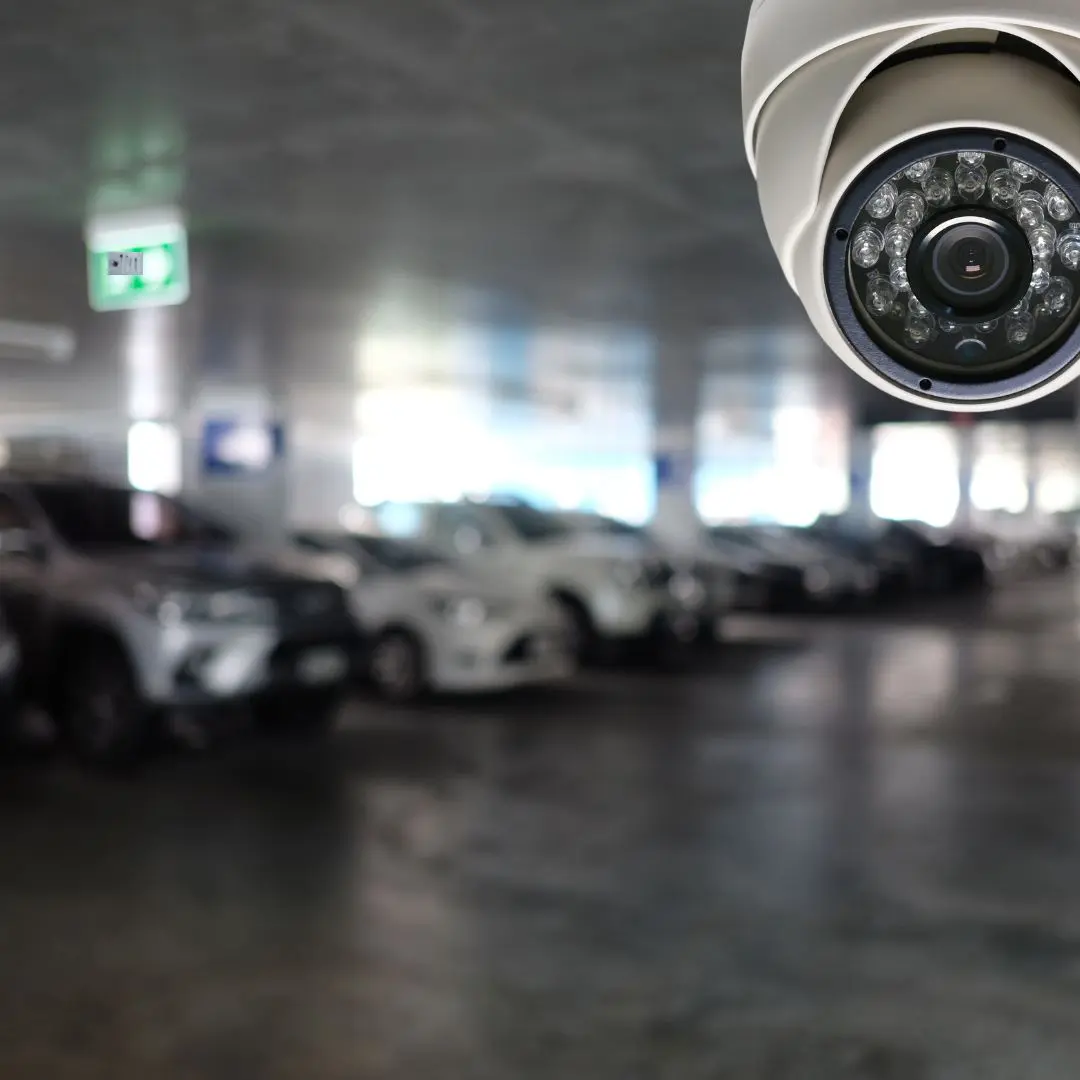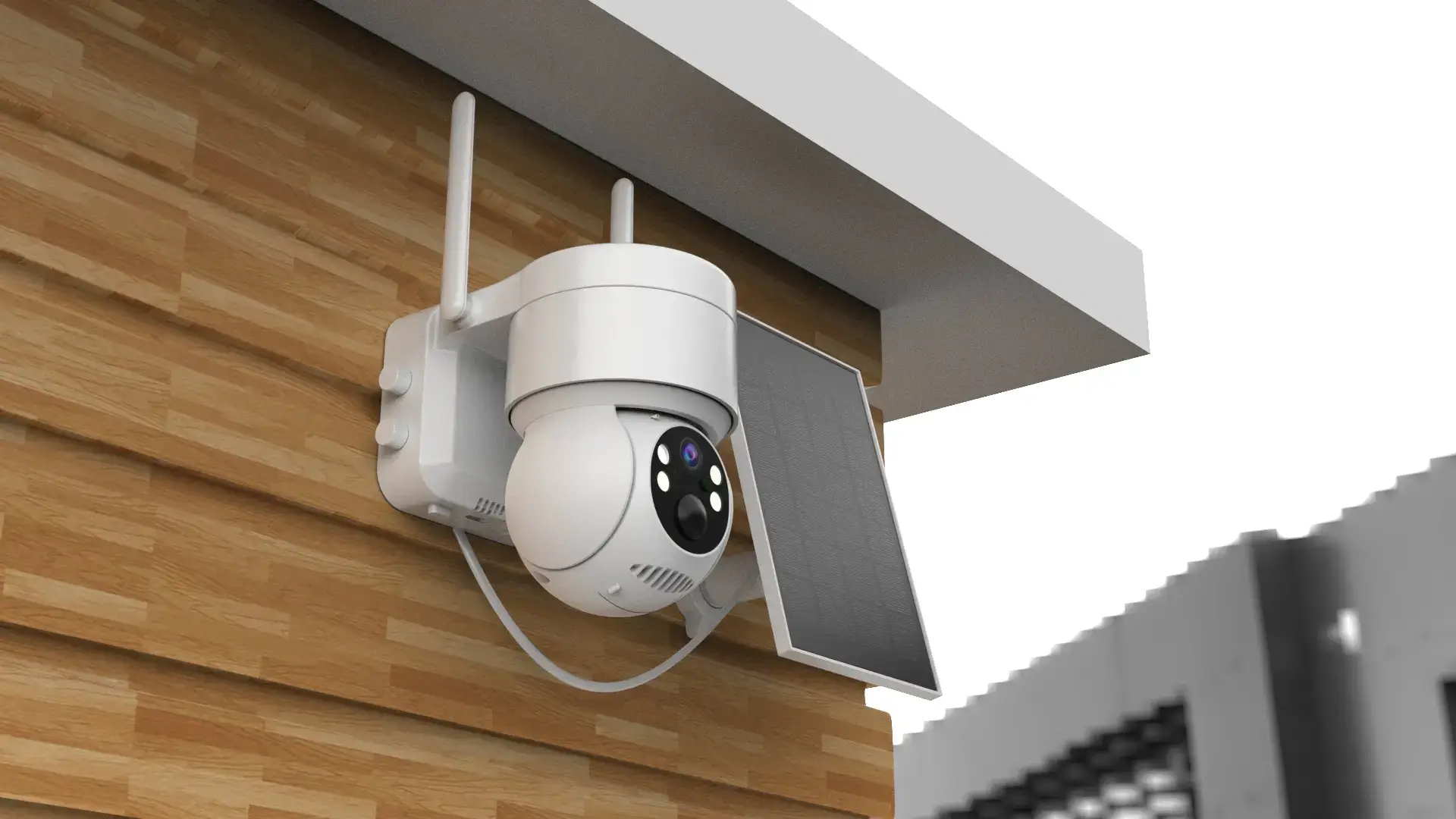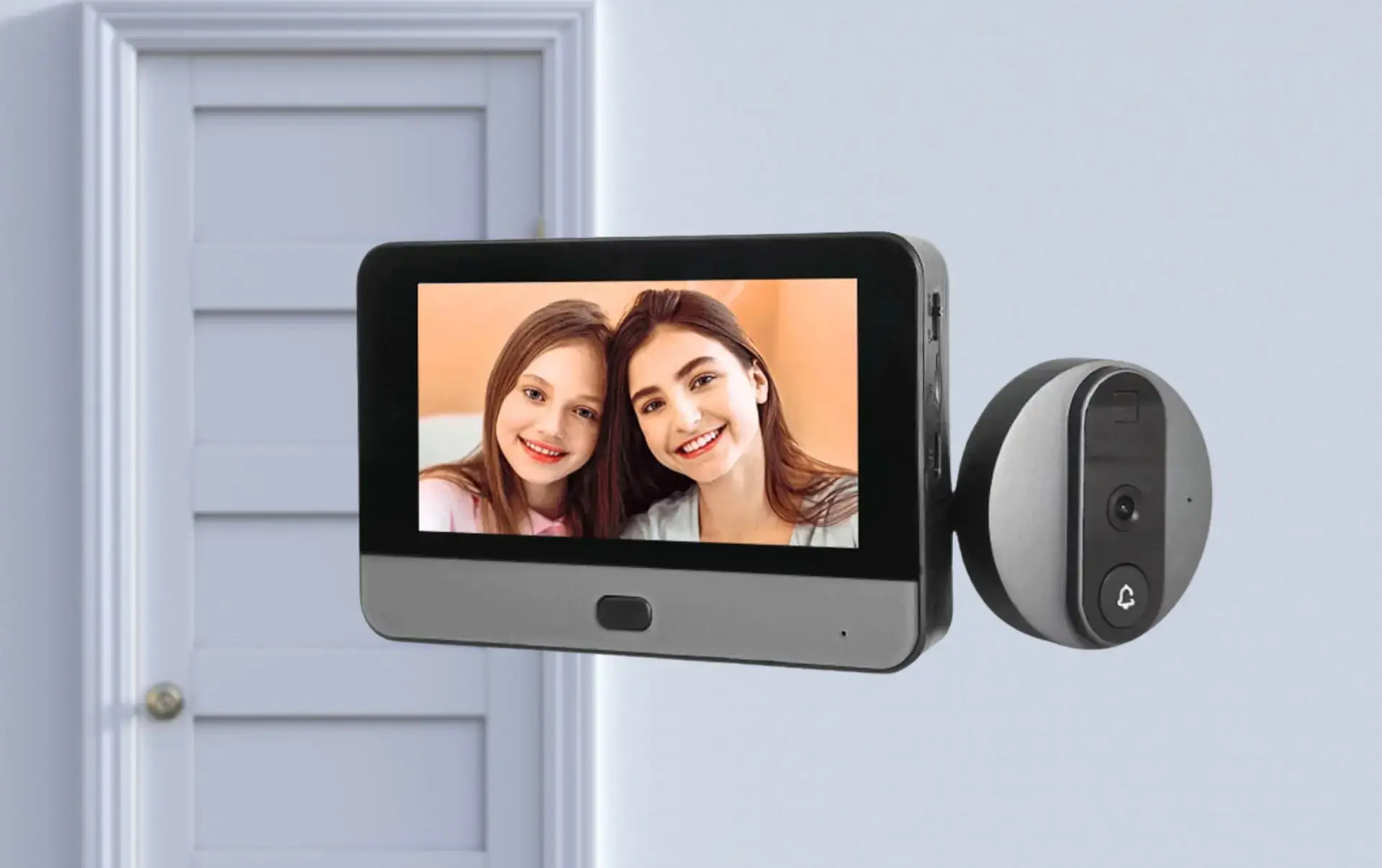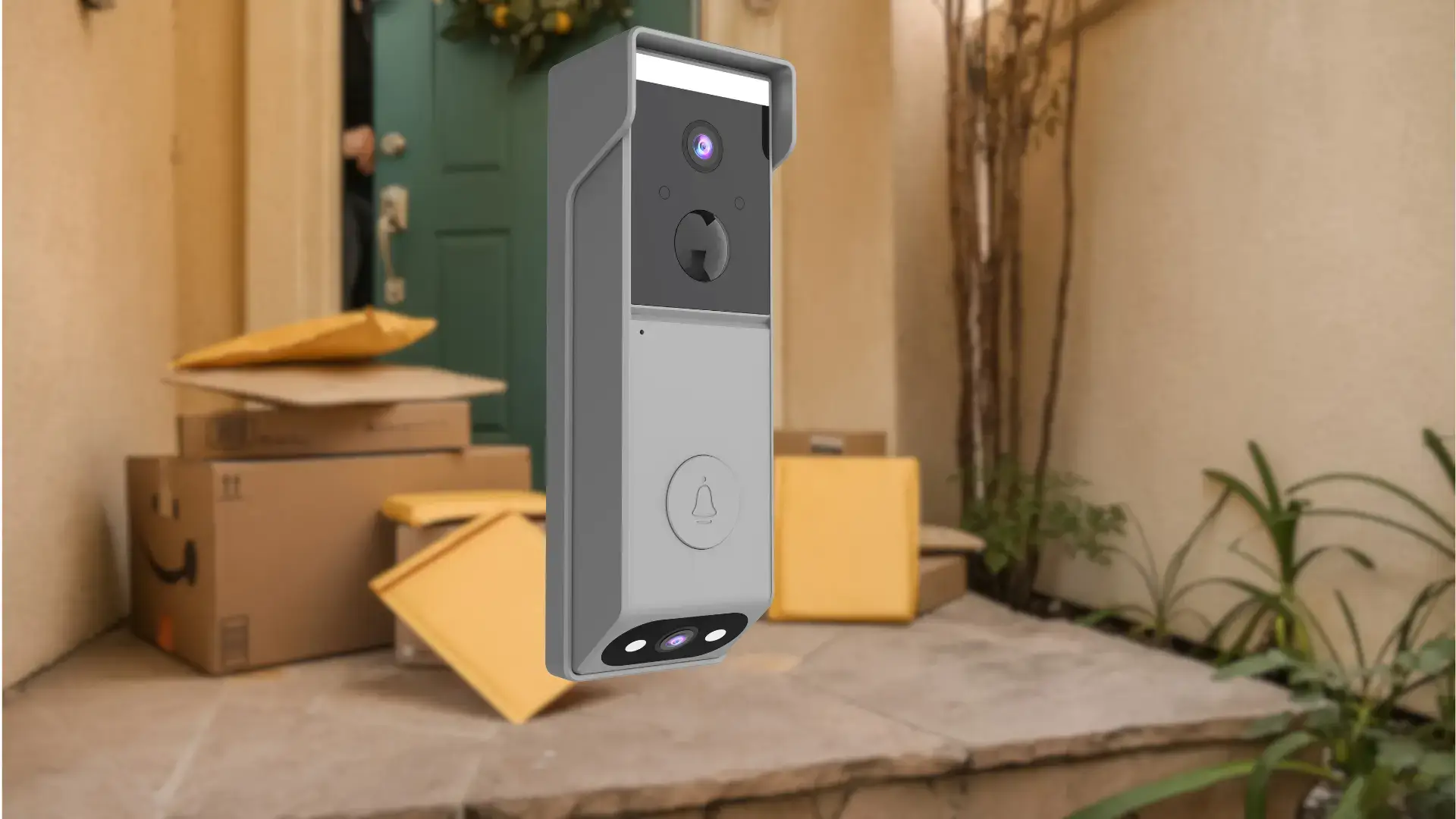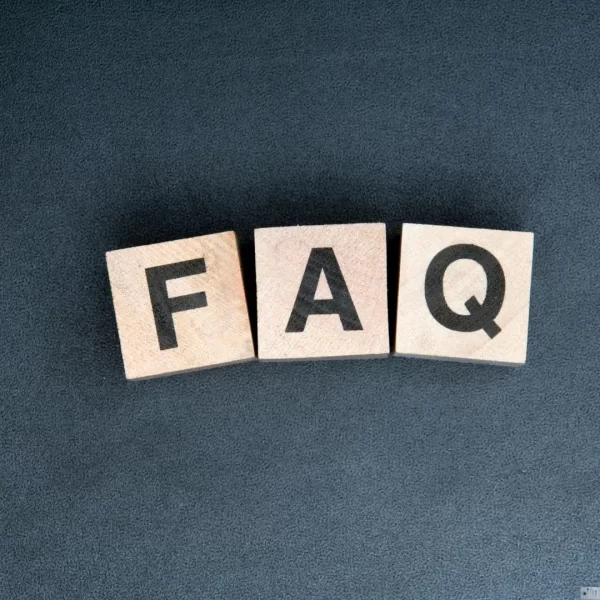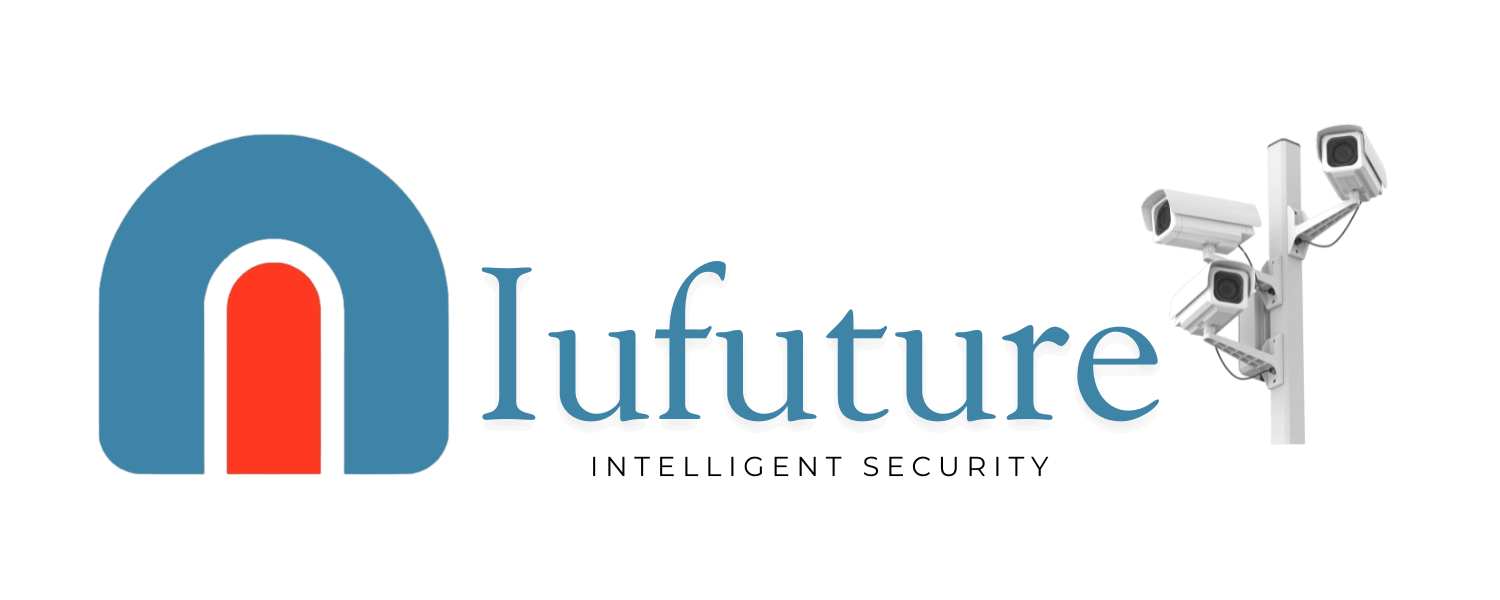Nowadays, corporate security has become one of the top priorities for businesses of all sizes. Protecting sensitive data, equipment, employees, and facilities requires innovative and highly effective solutions. One of the most efficient alternatives are B2B (Business-to-Business) smart security systems, which provide advanced technology and better incident response capabilities.
With the advent of technologies such as artificial intelligence, real-time monitoring, and automation, smart security systems are becoming increasingly sophisticated and accessible to businesses. However, choosing the right solution can be challenging due to the vast array of options in the market. This article aims to guide you through the process of searching for and selecting a B2B smart security system for your business, covering key technical, financial, and operational aspects necessary for making an informed decision.
The Need for Smart Security Systems in the Corporate World
The increasing complexity of threats to physical and digital security demands that businesses adopt increasingly advanced solutions. In addition to protecting a company’s physical assets, such as facilities and equipment, digital threats have also become a central concern, with hackers and cyberattacks being a constant worry. This is where B2B smart security systems come in, capable of integrating various features such as camera monitoring, access control, and automated alerts, all powered by artificial intelligence.
These systems not only detect threats in real-time, but they are also capable of predicting suspicious behaviors, taking preventive measures before problems materialize. By adopting a smart security system, a company can reduce costs related to manual security, increase operational efficiency, and provide greater peace of mind for its managers and employees.
Benefits of Investing in Smart Security for Businesses
- Efficient Monitoring and Management: A B2B smart security system can integrate various devices, such as security cameras, motion sensors, and alarm systems, enabling centralized and more effective monitoring. This reduces the need for dedicated security personnel and allows managers to monitor all aspects of their company’s security from a single dashboard.
- Data Analytics and Artificial Intelligence: One of the key differentiators of these systems is the ability to analyze large volumes of data in real-time. Using artificial intelligence, it is possible to detect behavioral patterns, identify potential threats, and even predict incidents, allowing for a faster and more efficient response.
- Reduction of Operational Costs: Automation is one of the pillars of smart security. Instead of relying on manual processes and traditional solutions, automation reduces the need for human intervention and improves the accuracy and speed of responses to incidents, thus reducing long-term operational costs.
- Scalability and Flexibility: B2B smart security systems can be easily adapted to the company’s growth. This means that as the company expands, the system can be scaled without significant additional investments, ensuring that security scales alongside demand.
- Remote Accessibility: Many smart security systems offer the ability to be monitored remotely, which means managers can track their company’s security from anywhere, at any time. This is particularly important for businesses with multiple locations or for those who require constant surveillance but cannot be physically present.
Factors to Consider When Searching for a B2B Smart Security System
Now that we have discussed the importance of smart security for businesses, it’s necessary to understand how to choose the ideal system. Below are some of the key factors to consider when looking for a B2B security system.
Specific Business Needs
The first step in choosing the right solution is to understand your business’s specific needs. Different industries may have different security requirements. For example, a technology company may require more robust protection against cyber threats, while a manufacturing company may prioritize physical security of its facilities. Before choosing a system, it is important to conduct a detailed analysis of your vulnerabilities and identify the areas that need the most protection.
Technology and Innovation
In a competitive market, smart security systems are constantly evolving, incorporating new technologies such as smart sensors, high-resolution cameras, facial recognition, and audio monitoring. Check if the system provider you are considering adopts the latest technological innovations and has the ability to integrate new features as they become available.
Ease of Integration
The integration of a smart security system with other systems in the business, such as access control, building management, or ERP, is crucial for efficient operation. When choosing a provider, consider the system’s flexibility in terms of integration with other platforms. An isolated security system can be inefficient and redundant, while an integrated system can provide a holistic view of corporate security.
Technical Support and Updates
B2B smart security systems are complex and require regular maintenance. When choosing a provider, check the quality of the technical support offered, including response time, accessibility, and the ability to solve problems quickly. Additionally, it is essential that the provider provides regular software updates to ensure the system is always protected against new threats.
Total Cost of Ownership (TCO)
While the initial price of a B2B smart security system is an important factor, the total cost of ownership (TCO) should also be considered. The TCO includes all costs associated with the system, such as installation, maintenance, training, and updates over time. A system with a lower initial cost may result in higher operational costs in the long run, so it is essential to evaluate the return on investment (ROI) before making a decision.
Best Practices for Implementing B2B Smart Security Systems
After selecting the ideal smart security system for your business, the next step is implementation. A successful installation not only guarantees the company’s security but also optimizes the benefits of this technological solution. Below are the best practices for implementing a B2B smart security system.
Planning and Preparation
Before starting the implementation, it is crucial to create a detailed plan. Clearly define the areas that need more protection and the types of threats you want to prevent. A complete mapping of the facilities and workflows will help you understand where the security systems should be placed to ensure full coverage.
Training and Capacity Building
The implementation of a B2B smart security system involves using new technologies and tools. It is essential to provide adequate training for the employees who will operate the system. The training should cover software usage, interpreting monitoring data, responding to incidents, and security protocols.
Initial Testing and Adjustments
After installing the system, it is important to conduct a testing phase to ensure everything is working correctly. Test intrusion detection, remote monitoring, and access control to make sure the system is operating efficiently. During this phase, necessary adjustments can be made and problems corrected before they become critical.
Continuous Monitoring and Maintenance
Security does not end with installation. To ensure the system’s continuous efficiency, regular monitoring and maintenance are essential. This includes checking sensors, cameras, and other devices, as well as software and firmware updates.
Performance Evaluation and Continuous Improvement
After implementing the system, it is important to regularly evaluate performance and ROI. The security of a business should evolve along with threats, and an effective B2B smart security system should be constantly optimized to ensure its efficiency. Periodically evaluate performance metrics such as incident response speed, false alarm rates, and system downtime.
Conclusion: Ensuring Your Business’s Protection with B2B Smart Security Systems
Implementing B2B smart security systems is a crucial investment for businesses seeking to protect their assets and valuable information. Searching for and implementing an effective solution requires attention to detail, from choosing the provider to training the team.
By following best practices and considering your company’s specific needs, you will be one step ahead in protecting against external and internal threats. With a well-implemented smart security system, you ensure not only physical security but also the trust of your customers, partners, and employees.
With this, your business will be ready to face future challenges with greater security and efficiency, allowing you to focus on growing and developing your business.
